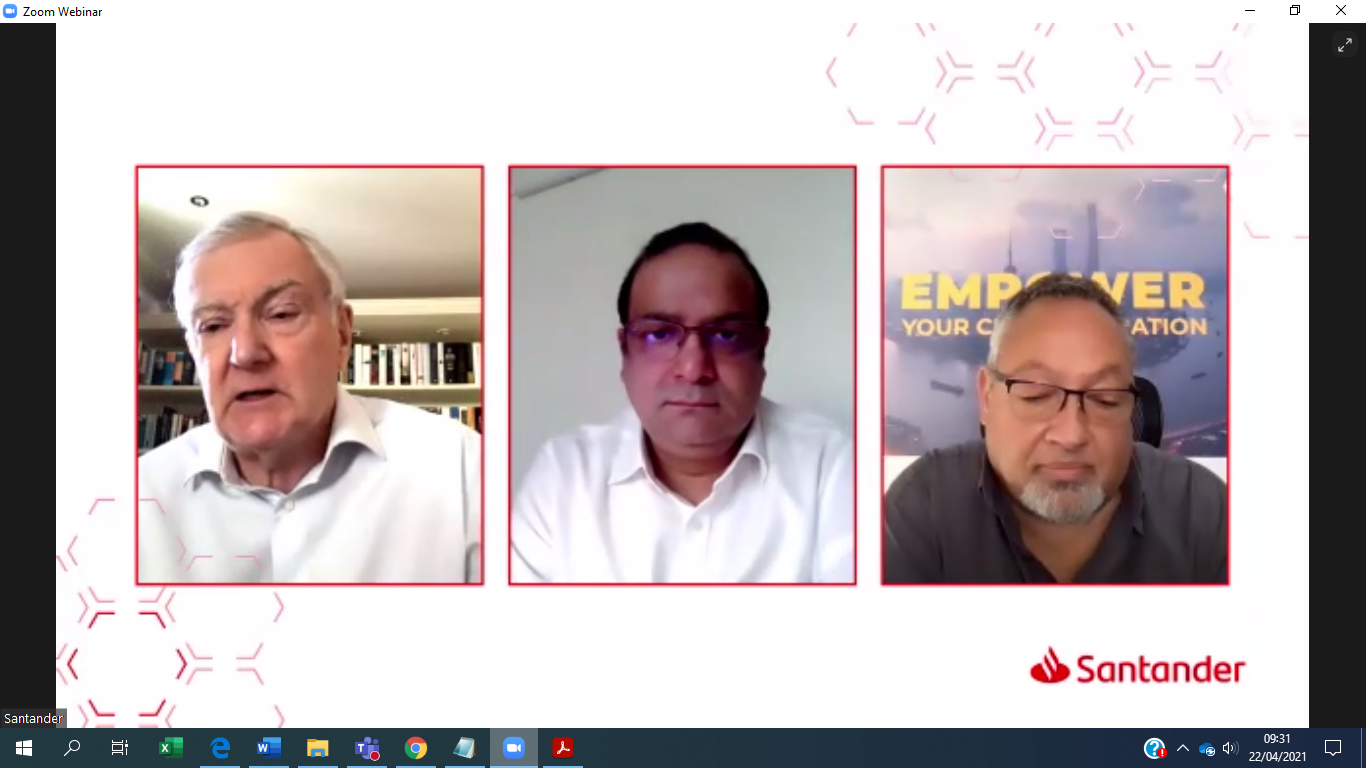
A much-hoped for UK free trade deal with India “seems far-fetched,” despite Prime Minister Boris Johnson’s efforts to secure one, a gathering of UK manufacturers heard today.
However India, the fastest growing major economy in the world with high tariffs protecting its domestic industries, is keen to do business with the UK on its core exports such as whisky.
The comment by Neeraj Bansal, chief operating officer, India Global at KPMG India, came on the final day of the virtual Santander Manufacturing Industry event (20-22 April).
A key theme was the unprecedented challenges facing global supply chains in the past year – in particular an over-reliance on countries such as China.
India hopes
Bansal was answering a direct question by panel host IOE&IT chairman Terry Scuoler CBE during a discussion about solutions to supply chain disruption around the world.
Scuoler asked of the likelihood of a British-India trade agreement “in the foreseeable future”.
Bansal replied that “an FTA seems far-fetched at the moment… there are challenges around that".
However he acknowledged “there are opportunities for both countries” to explore trade in pharmaceuticals, defence manufacturing and fintech.
If India could resolve issues such as import tariffs on British exports such as whisky and cars, “this will form an important part” of talks on a trade agreement.
No relocation from China
The discussion also featured Zvi Shalgo, chief executive of PTL Group, which helps overseas firms set up in China.
The panellists agreed that China would maintain its dominance in supply chain management, at least in the short term.
Bansal said he didn’t expect a “massive relocation” of supply chain business from China to India. In electronics, he expects two separate supply chains – one for China and another for the rest of the world.
Zvi said instead of diversifying out of China, firms were actually increasing their operations in the country, in the semi-conductor market in particular.
Scuoler asked whether, as a result of political unrest around Hong Kong, there is a “lessening of the appetite of Western companies to invest in China… and a move to the other sources such as India”.
Zvi replied that “at the end of the day business interests always come first” and that “businesses were free to move”.
Prime minister’s visit to India
Boris Johnson had to cancel his planned visit to India next week due to the country’s escalating coronavirus crisis.
The prime minister was hoping to use the visit to announce a target of £50bn of trade by the end of the decade.
In 2020 the UK's trade with India was worth £18.3bn.
A Downing Street statement said that “prime ministers [Narendra] Modi and Johnson will speak later this month to agree and launch their ambitious plans for the future partnership between the UK and India”.
Bansal said India was “liberalising” and with corporate tax at 22%, had “one of the most competitive tax regimes” in South Asia.
Enhanced trade partnership
A new paper by London think tank Institute of Economic Affairs, authored by trade lawyer Shanker Singham and published this week, acknowledges the difficulty of securing an FTA with India.
However the paper states that the UK and India are set to announce an enhanced trade partnership (ETP).
The paper goes on to say that a trade deal would help bring India into an alignment of nations including the US, the UK and the countries within the Comprehensive and Progressive Agreement for Trans-Pacific Partnership (CPTPP), to counter the growing trade power of China.



